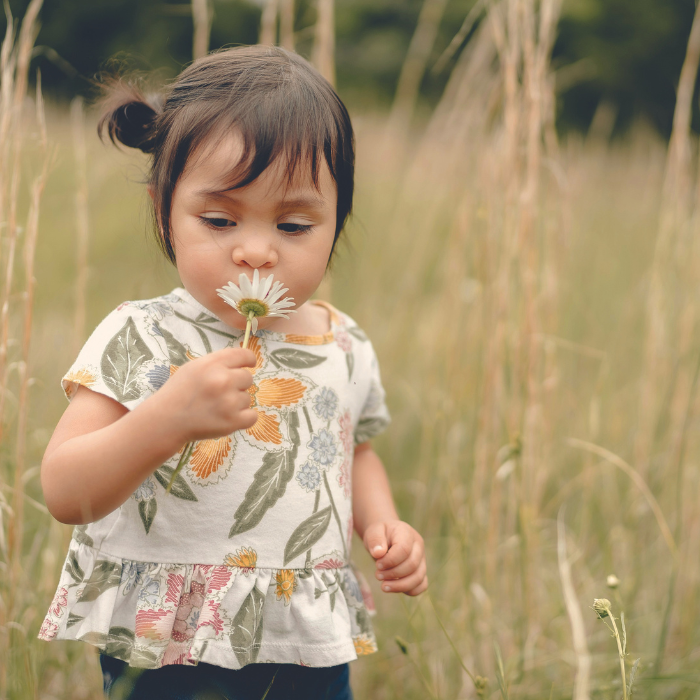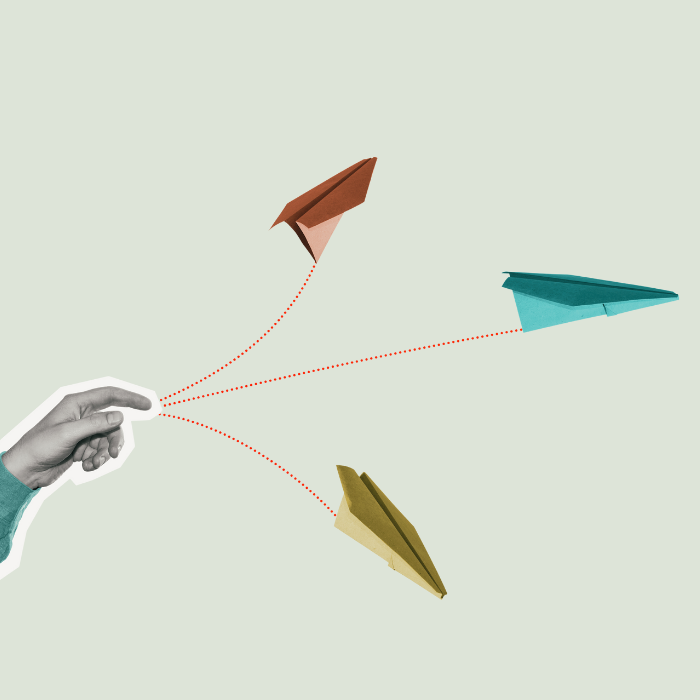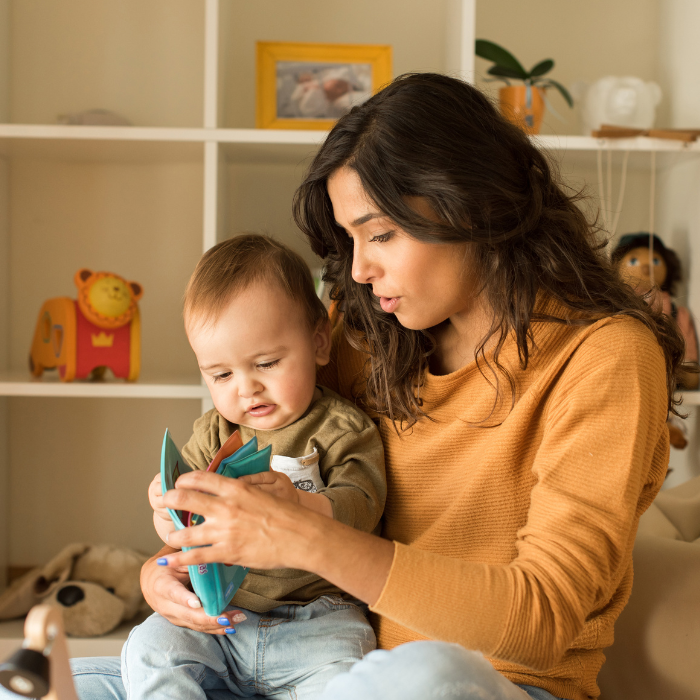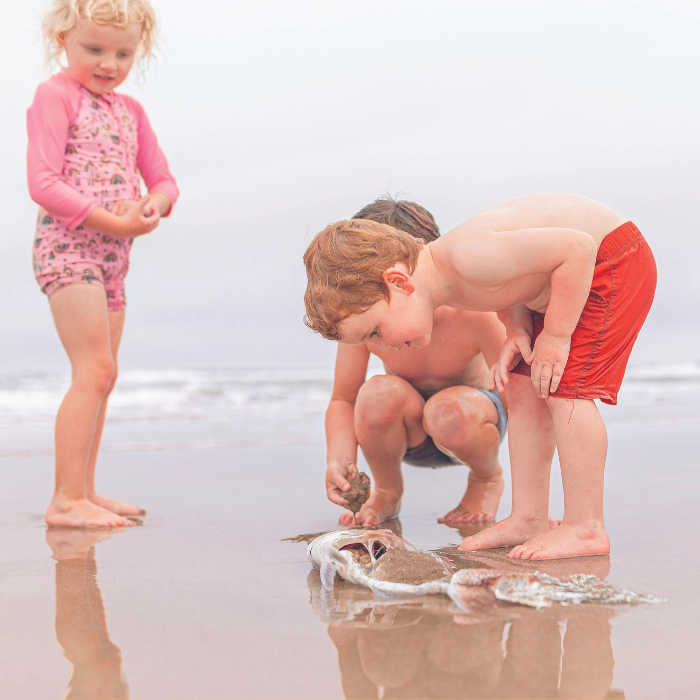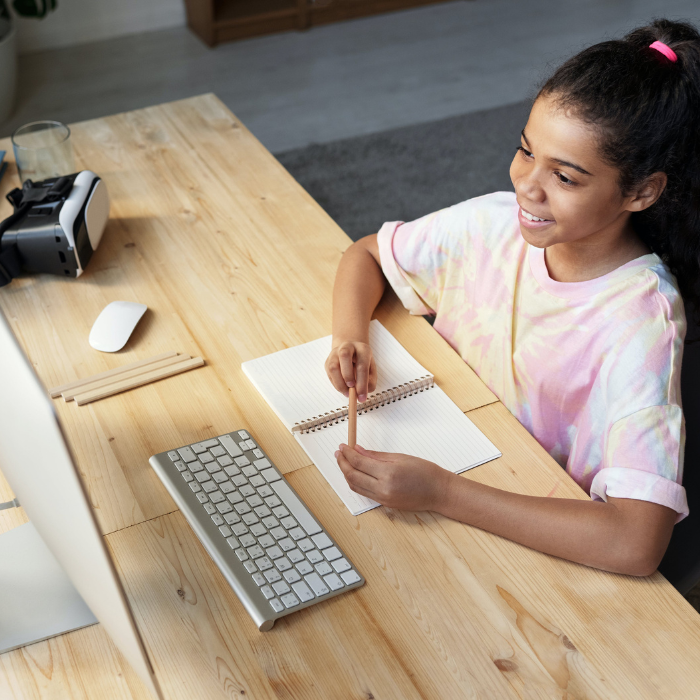
Confidence in maths increases if your child has fun with it. Try some of these activities to have fun with maths at the kitchen bench, in the waiting room or even in the car – there’s always time for a bit of number-crunching!
- Say a number (initially using only numbers smaller than 20) and ask your child if it is odd or even and ask them to prove it. One way of doing this is by using pasta to count out the given number. Then pair up the pasta until they all have a partner and explain how if you have one left over, it is an odd number and if you don’t, it is an even number. Once your child has grown in confidence, they will be able to tell you that 58 is even because 8 is even. Have fun and test your child by asking why 152120091347389829061 is an odd number!
- Practise recognising numbers 0–100 (watch out for similar numbers, in particular 14/40 and 56/65 as children find it hard to distinguish the difference).
- Choose two numbers and ask child to tell you which is more/less and what numbers lie between them.
- Add together more than two groups of numbers.
- Story problems. I had 5 bananas but now I only have 2, how many have I lost?
- Recite all the pairs of numbers with a total of 10 (number bonds to 10; 1+9, 2+8, 3+7, 4+6, 5+5 (double), 0+10), and total of 5.
- Ask child to add 10 onto 58. Encourage your child to count on from 58.
- Using coins, if you had 10c and 20c how much altogether? If your toy cost 10c, how much change would you get from 30c? If you had 20c, how many 2c sweets could you buy?
- Read o’clock and half the hour first on analogue, then on digital (move onto quarter past and quarter to if child is ready).
- Recite “30 days have September, April, June and November. All the rest have 31, except for February which has 28 days clear, 29 in each leap year.” Then ask your child how many days are in May, July, etc.
- Count in 2s starting with 6, will we get to 17? How do you know? Now start at 5 and count in 5s. Will you get to 47?
- Take 12 (or 28 or 30) counters (or buttons, spoons, etc) count them onto the table in ones, twos, threes. What do you notice? What does that mean?
- Count in threes to 30, fours to 40.
- Start at the number 30 and count backwards in threes.
- Count in twenties to 2000, count in hundreds to 1000.
- If everyone in the family wore a cardigan with 5 buttons on, how many buttons would there be altogether? Explain.
- How many different ways can you make 5? (3+1+1.) Then 10, 20, etc.
- Using just two numbers, I added 2 and I got 5. What did I start with? When I take 5 from a number, I get 2. What is the number? How many more than 2 is 5? What is the difference between 5 and 2? What is the sum of 2 and 5? What is 5 more than 2? If we count 5 on from 2, what number will we be on?
- Using plates and food (pretend food may be better), count how much food there is. For example, 15 pieces of food and 5 plates. Do you think there will be enough food for you to put two on each plate? Three on each plate? Four on each plate? On how many plates could you put five pieces of food?
- Guess my number: think of a number between 0–100. Encourage your child to ask you questions to work out the number. For example, is it smaller than 20? Between 6 and 12? Even? If I count in 5s, will I land on the number?
- What numbers lie between 18 and 23?
- I am going to sing two notes: doh and me. Count how many dohs I sing: doh, doh, me, doh, me, me, doh, me, me, me.
- Five goals were scored in a football match between two teams. How many different final scores could there have been? (2:3, 1:4, 0:5, etc.)
- Using our fingers, we are going to make 8. If I hold up four fingers, how many fingers do you need to hold up?
- Can you find: a pair of even numbers with a total of 6 (4 and 2), a pair of odd numbers which make 8 altogether (1 and 7 or 3 and 5), three odd numbers which add up to 9 (3 and 3 and 3).
- What pairs of numbers have a difference of 10? (15 and 5, 23 and 33, etc)
- What numbers could be in this sum: __ + __ = 17?
- Can you write 62 in the air?
- Show me ways of making 90c using only 10c and 20c coins.
- Recite by heart all addition and subtraction facts for each number to 20.
- Know by heart all pairs of multiples of 10 with a total of 100 (30 + 70, 60 + 40, etc).
[byline]
Jo Apperley is a mum of two children and a primary school teacher. She is passionate about the role of parents in developing their children into lifelong learners.
[/byline]



